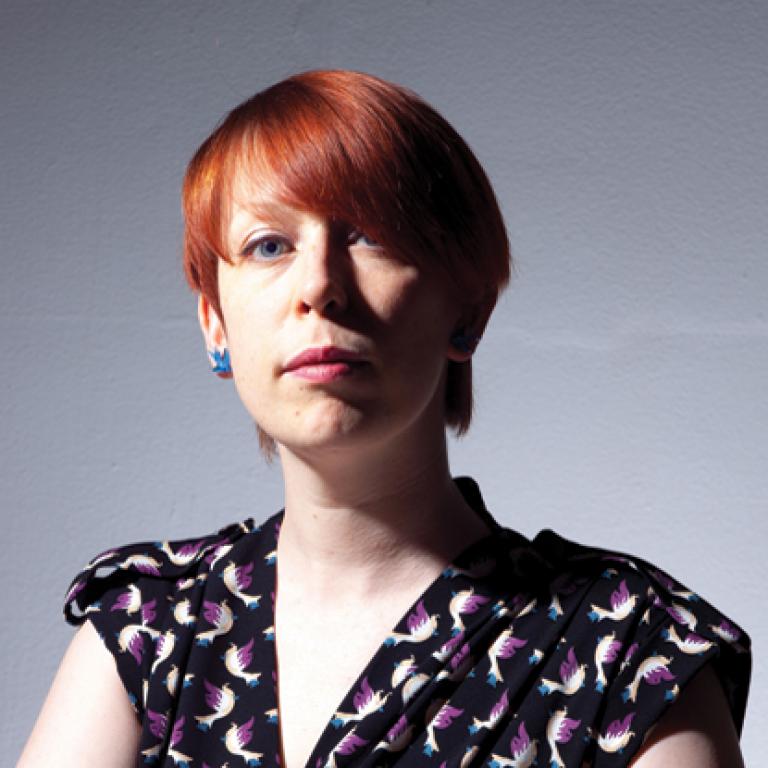
2020 has been a strange and challenging year for so many of us. Here at Nine Arches, we’ve been adapting to working from home as we continued to publish our books and magazines, and got used to Zoom catch-ups with our colleagues and with our poets, whilst learning quite a lot of new digital skills, all within a very short space of time. It’s been quite a dizzying juggling act at times. Most of all, we have greatly missed the offline live events, festivals and travel that would normally punctuate our poetry calendar.
As we take stock of a year of change and upheaval, we’re looking ahead to 2021 and to an important milestone for us. The new year will bring our 100th publication, which we’ll be marking by publishing T. S. Eliot Prize shortlisted poet Jacqueline Saphra’s One Hundred Lockdown Sonnets. The book is a poetic journal in a sequence of sonnets, charting the experience of one hundred days of the first lockdown. There will only be 100 copies of the book available, and it will be produced as a limited-edition hardback sold in aid of the Trussell Trust.
In many ways, One Hundred Lockdown Sonnets is also a little nod to our origins as a pamphlet publisher. It feels fitting to be both honouring our roots as a publisher in this way, and to be publishing something which so uniquely looks to the current moment and reflects our lives now.
In the last twelve years, Nine Arches Press has gradually grown from a small pamphlet publisher, based in my spare room and tended to between other jobs, to a flourishing publishing house with a real sense of community at its heart. For me as editor, one of the most satisfying elements is that you start to have the long-view perspective over the life’s work of the poets you work with, which is a real privilege. You have the pleasure of being party to the creative processes of poets, and get to see their work’s evolution. You come to understand better what it is that drives each poet; to know their obsessions and themes that inform their writing, and watch them test their wings as writers, set themselves new boundaries.
So often the role I have as an editor is a bridge between the reader and poet – and it’s one that involves a kind of openness, and sense of inquiry. You have to be prepared to ask questions, to listen and understand the mechanisms at work, as well as to hold in your mind the structure and potential shape of a whole, finished book and imagine a reader’s journey through it. I love this process, and the sense it gives me of where a poet is coming from – and where they might be going to next.
I’m a poet as well as an editor, and I think that it also matters to see poetry as a lifelong endeavour, an artform that is a part of who we are – and for publishers to also be there for the long term to support, encourage and open space for writers to create the work they need to. It seems essential to me that writers have the room that enables them to be daring, take risks and try new things – or simply find new ways to continue and explore, to unfold and examine persistent things that are at the heart of why they write.
The perspective the last twelve years has brought is that publishing doesn’t just begin and end with printing a book. It involves a real investment of time and care in poems and in poets themselves. It involves building a space for writers and audiences and readers to occupy which values the experience of poetry as a fundamentally powerful moment, the moment in which a connection through words and language lives inside us. Our support through Arts Council England has been vital in enabling us to continue to work to develop and support writers directly, whether established or emerging – and it’s also been vital in helping us to adapt through the current challenges of the pandemic.
This year, much of the space our books and our poetry has occupied has been a digital one and though it may seem a long way from making poetry pamphlets on your kitchen table, I think there’s much more in common in approach than might first be apparent. Both, after all, bring poetry into the heart of the home, and both – whether hi-tech or lo-fi – create that vital moment of connection we all crave, and which poetry is especially good at forging.
Jane Commane is a poet and the editor at Nine Arches Press, co-editor of Under the Radar magazine, co-organiser of the Leicester Shindig poetry series, and is co-author (with Jo Bell) of How to Be a Poet, a creative writing handbook and blog series. In 2017 she was awarded a Jerwood Compton Poetry Fellowship.
To discover more about Nine Arches Press, visit ninearchespress.com. This article was published on 3 December 2020.